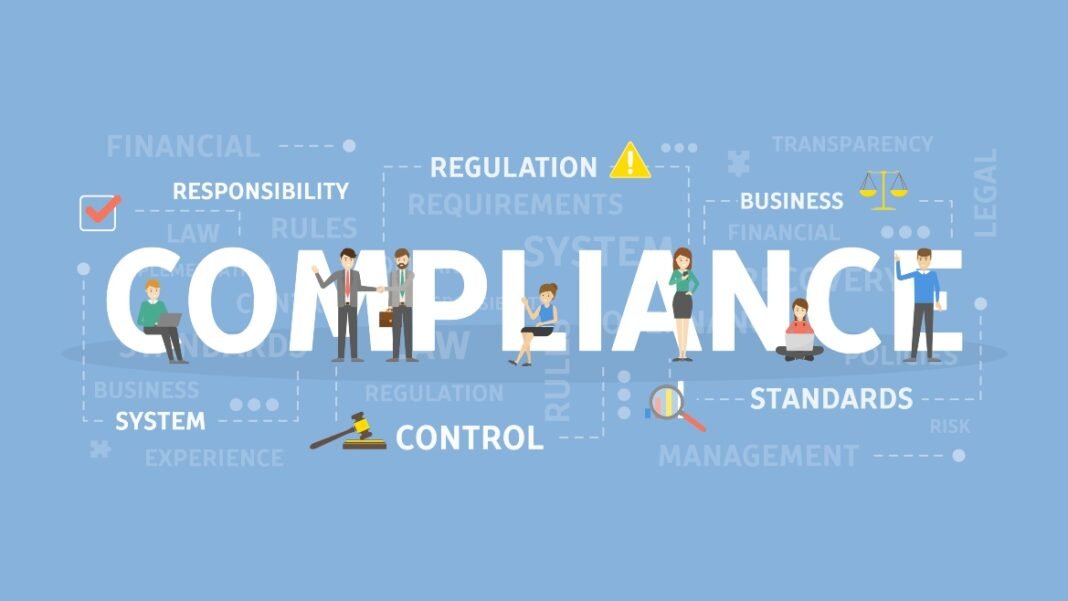In today’s complex and rapidly changing business landscape, organizations face a multitude of laws, regulations, and standards that govern their operations. Compliance refers to the process of adhering to these rules and regulations, ensuring that an organization’s actions and practices align with the legal and ethical standards that apply to its industry.
Why is Compliance Important?
Compliance is essential for several reasons:
-
Legal and Regulatory Requirements: Compliance helps organizations avoid legal and financial consequences, such as fines, penalties, and reputational damage, resulting from non-compliance.
-
Risk Management: Compliance enables organizations to identify and mitigate risks, protecting their reputation, assets, and stakeholders.
-
Ethical Conduct: Compliance promotes ethical behavior, ensuring that organizations operate with integrity, transparency, and accountability.
-
Customer Trust: Compliance helps build trust with customers, investors, and partners, demonstrating an organization’s commitment to responsible business practices.
-
Competitive Advantage: Compliance can be a differentiator, setting organizations apart from competitors and enhancing their reputation.
Key Components of Compliance
Effective compliance encompasses several key components:
-
Policies and Procedures: Clear, concise, and accessible policies and procedures that outline expectations and guidelines.
-
Training and Awareness: Regular training and awareness programs for employees, ensuring they understand compliance requirements.
-
Risk Assessment and Management: Identifying and mitigating risks through a robust risk management framework.
-
Monitoring and Auditing: Regular monitoring and auditing to ensure compliance and identify areas for improvement.
-
Reporting and Incident Response: Establishing mechanisms for reporting compliance incidents and responding promptly and effectively.
Best Practices for Compliance
To achieve effective compliance, organizations should:
-
Designate a Compliance Officer: Appoint a dedicated compliance officer to oversee and coordinate compliance efforts.
-
Conduct Regular Risk Assessments: Identify and address potential risks and vulnerabilities.
-
Foster a Culture of Compliance: Encourage a culture of compliance, promoting ethical behavior and accountability.
-
Stay Up-to-Date with Regulatory Changes: Continuously monitor and adapt to changing regulations and standards.
-
Engage with Stakeholders: Communicate compliance efforts and progress to stakeholders, including employees, customers, and investors.
Conclusion
In conclusion, compliance is a critical aspect of modern business operations. By understanding the importance of compliance, implementing effective compliance programs, and fostering a culture of ethical conduct, organizations can mitigate risks, build trust, and achieve long-term success. Remember, compliance is not a one-time event, but an ongoing process that requires continuous attention and effort.




